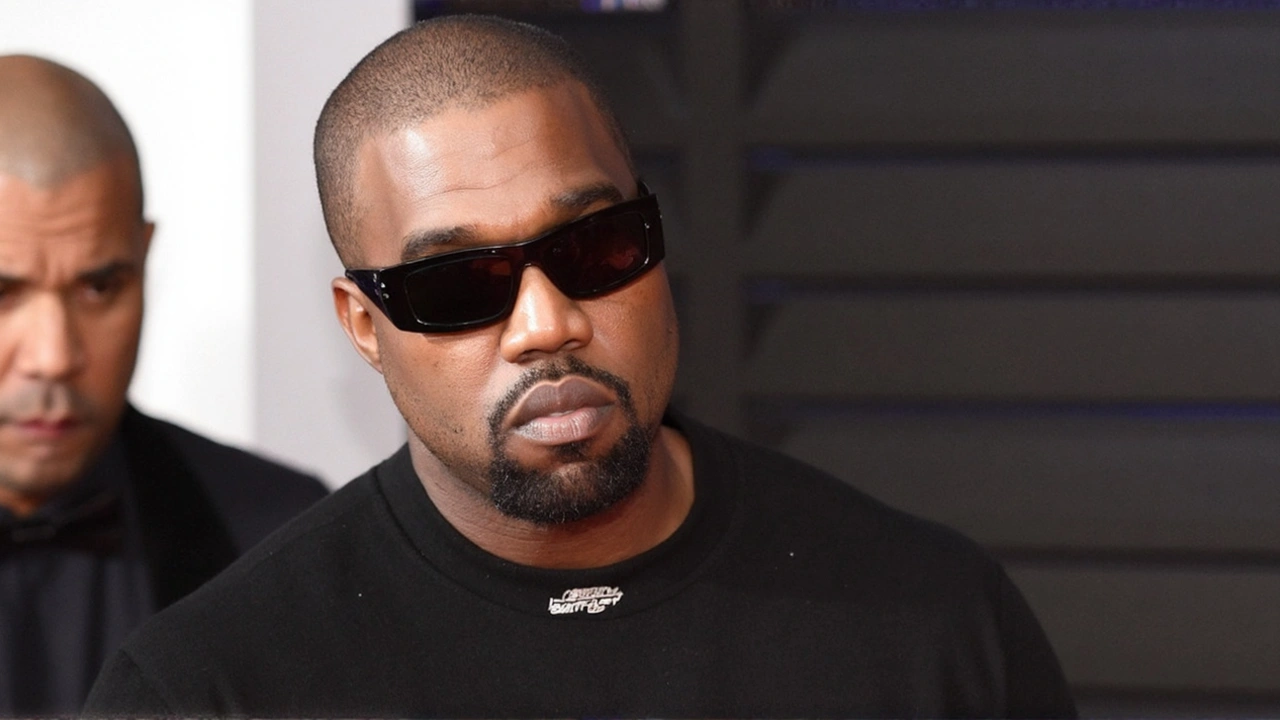Kanye West Drops ‘Heil Hitler’ on Nazi Germany’s Defeat Anniversary
Kanye West, who now goes by Ye, is back in the headlines after his latest song ‘Heil Hitler’ stunned audiences and racked up nearly 10 million views on X in just over a week. The release wasn’t random—the track went live on May 8, 2025, which is exactly 80 years after Nazi Germany’s surrender in World War II. The song’s timing, title, and content have made it probably the most talked-about—and widely condemned—music release of the year.
It’s not just the name that’s making jaws drop. The song directly samples Adolf Hitler’s 1936 speech and the chorus is sung by a group of Black men, dressed in animal hides and eerie masks, chanting “Heil Hitler.” The video’s visuals are unsettling by themselves, but the choice to feature Black men in such a controversial way has only poured more gasoline on the fire. At the end, the music fades into Hitler’s actual voice, driving home the shock value and making West’s intent impossible to ignore.

Platforms Ban the Song but X Lets It Explode
YouTube, Spotify, and Apple Music wasted no time tearing down ‘Heil Hitler’ after its release. Their teams flagged it for blatant hate speech, so the song disappeared almost as soon as it showed up, even as fans and critics launched heated debates. Reddit didn’t hold back either—the platform’s moderators zapped uploads of the track and announced that anything related to it would be removed immediately.
The big outlier is X, owned by Elon Musk. While other platforms stood together on their hate speech policies, X let the song’s video stay up. As a result, ‘Heil Hitler’ dove into viral waters, getting shared over and over, hitting almost 10 million views within a couple of weeks. The company hasn’t given an official explanation, but users are already questioning how X handles these kinds of controversies, especially when the material is as blatantly offensive as this.
After the original was wiped from streamers, a new version popped up—an instrumental called ‘The Heil Symphony.’ It’s missing Hitler’s words, but the title keeps the connection clear. Some critics argue that even instrumental content with such a name can fuel hate or at least keep the controversy alive.
What’s also raising eyebrows is West’s history of making provocative, often antisemitic statements. This isn’t his first rodeo with hateful or incendiary comments—he’s lost lucrative deals and been heavily criticized in the past. But ‘Heil Hitler’ is different in scale and impact, reaching a massive online audience fast thanks to the exposure on X.
All of this is stoking fresh arguments about where free speech ends and hate speech begins. Does an artist like Ye get the same leeway as everyone else, or does his megaphone reach mean companies have to police his content more tightly? Some say digital platforms are gatekeepers and need to act fast to stop harmful content from spreading. Others push back, claiming these bans just make the artist more notorious and even drive more views and debates, especially on platforms slow to act like X.
One thing’s certain: this isn’t just about one song or one artist. The controversy has cracked open big questions about platform Kanye West, responsibility, and the power (and dangers) of viral content in the digital age.

